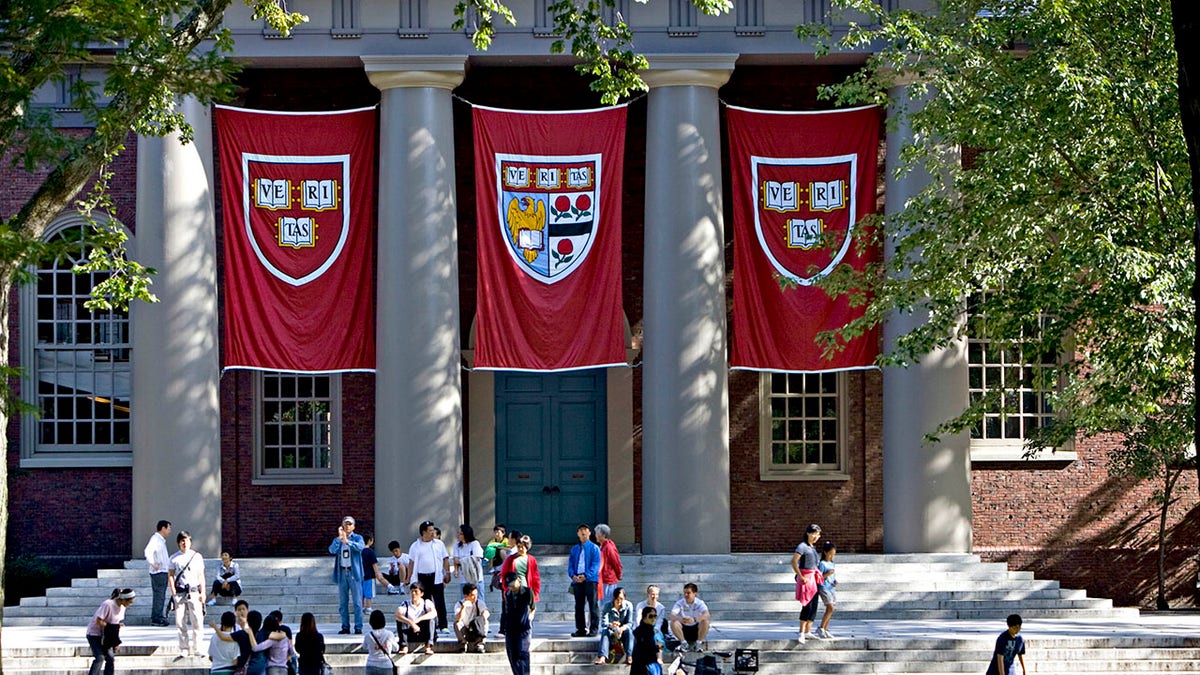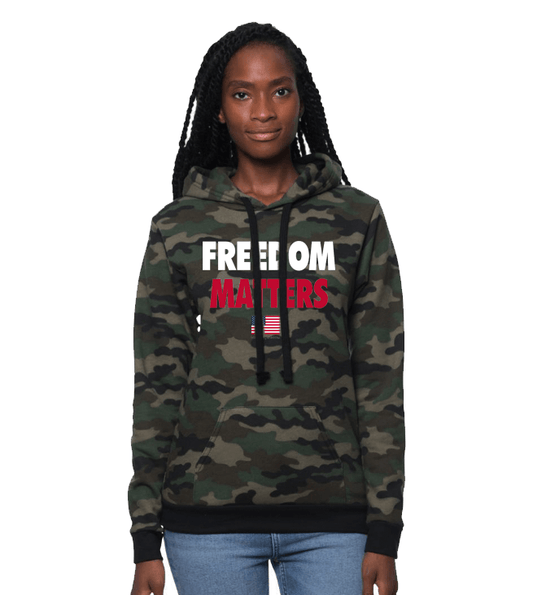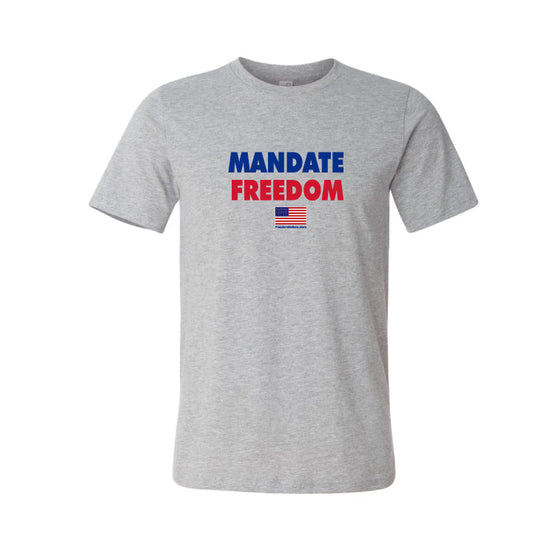Click here to watch the video.
The U.S. Supreme Court handed down a major ruling on affirmative action Thursday, rejecting the use of race as a factor in college admissions as a violation of the 14th Amendment's Equal Protection Clause.
In a 6-3 decision, Chief Justice John Roberts wrote in the majority opinion that, "A benefit to a student who overcame racial discrimination, for example, must be tied to that student’s courage and determination."
"Or a benefit to a student whose heritage or culture motivated him or her to assume a leadership role or attain a particular goal must be tied to that student’s unique ability to contribute to the university. In other words, the student must be treated based on his or her experiences as an individual—not on the basis of race," the opinion reads.
"Many universities have for too long done just the opposite. And in doing so, they have concluded, wrongly, that the touchstone of an individual’s identity is not challenges bested, skills built, or lessons learned but the color of their skin. Our constitutional history does not tolerate that choice," the opinion states.
Justice Roberts was joined by Justices Clarence Thomas, Samuel Alito, Neil Gorsuch, Brett Kavanaugh and Amy Coney Barrett.
Justice Sonia Sotomayor wrote the main dissent, joined by Justices Elena Kagan and in part by Justice Ketanji Brown Jackson, who recused herself from the Harvard case due to her previous role on Harvard's Board of Overseers.

Harvard banners hang outside Memorial Church on the Harvard University campus in Cambridge, Massachusetts, on Friday, Sept. 4, 2009. The Supreme Court ruled in affirmative action cases, including one over Harvard's admissions practices. (Photo by Michael Fein/Bloomberg via Getty Images)
Many universities have argued that race-based admissions ensures that student bodies remain diverse, while critics such as the plaintiffs in the cases argue the policy discriminates against many qualified students based on race.
Students for Fair Admissions, a student activist group, brought cases against both Harvard and University of North Carolina. The group initially sued Harvard College in 2014 for violating Title VI of the Civil Rights Act, which "prohibits discrimination on the basis of race, color, or national origin in any program or activity that receives Federal funds or other Federal financial assistance."
The complaint against Harvard alleged that the school's practices penalized Asian American students, and that they failed to employ race-neutral practices. The North Carolina case raised the issue of whether the university could reject the use of non-race-based practices without showing that they would bring down the school's academic quality or negatively impact the benefits gained from campus diversity.
JUSTICES HEAR ARGUMENTS OVER AFFIRMATIVE ACTION IN HARVARD, UNC SUPREME COURT CASES
The U.S. Court of Appeals for the First Circuit had ruled in Harvard's favor, upholding the outcome of a district court bench trial. The district court said that the evidence against Harvard was inconclusive and that "the observed discrimination" affected only a small pool of Asian American students. It ruled that SFFA did not have standing in the case.
Source: https://www.foxnews.com/politics/supreme-court-rejects-affirmative-action-ruling-universities-using-race-admissions-decisions.amp






